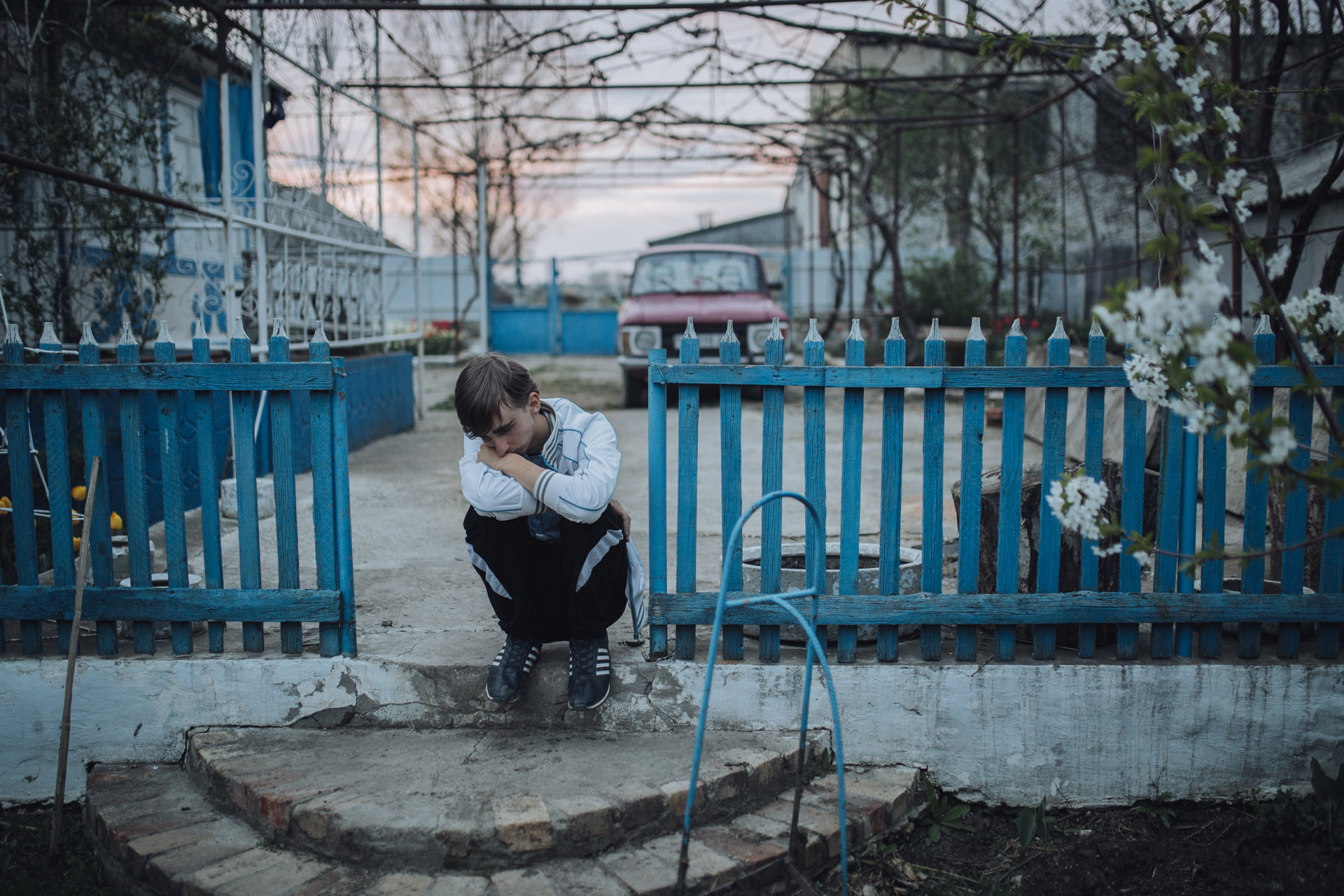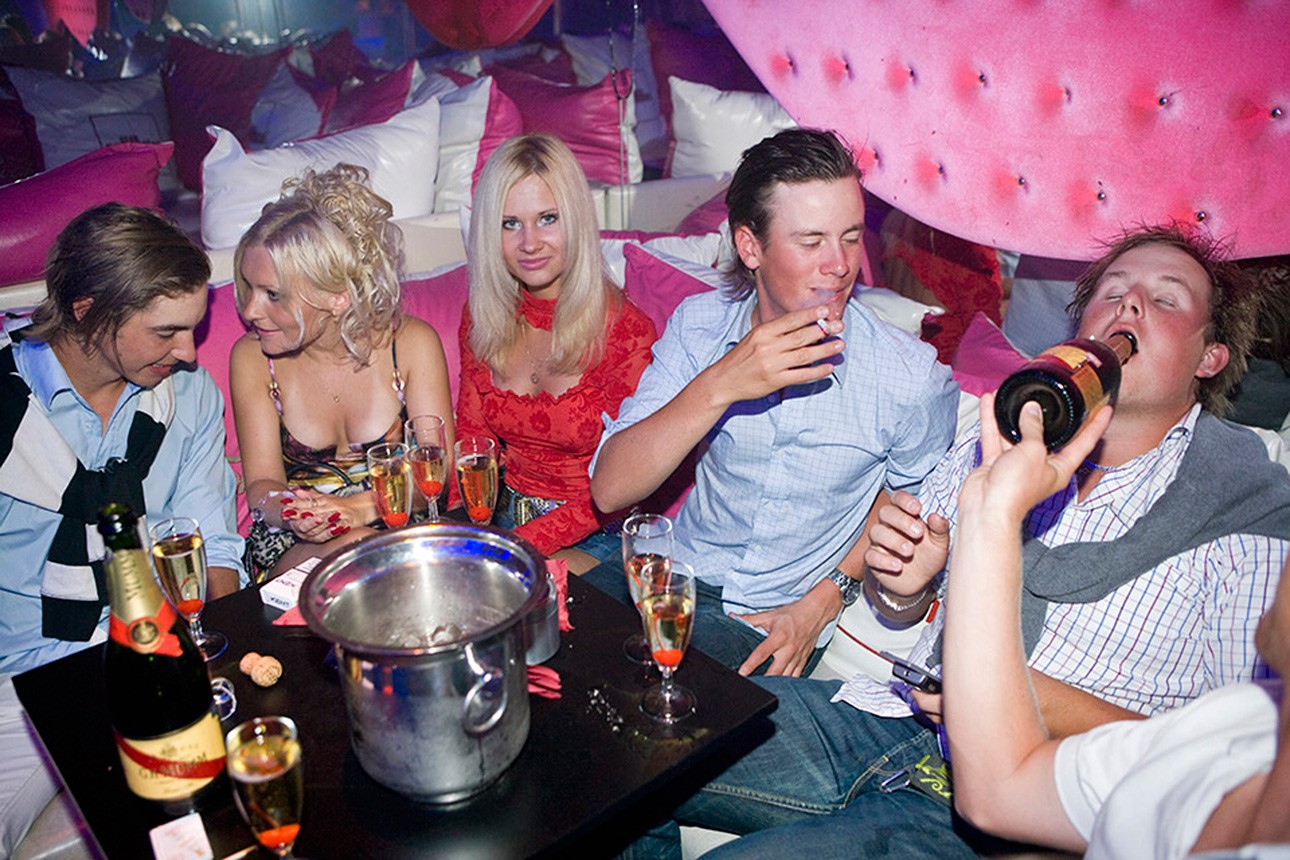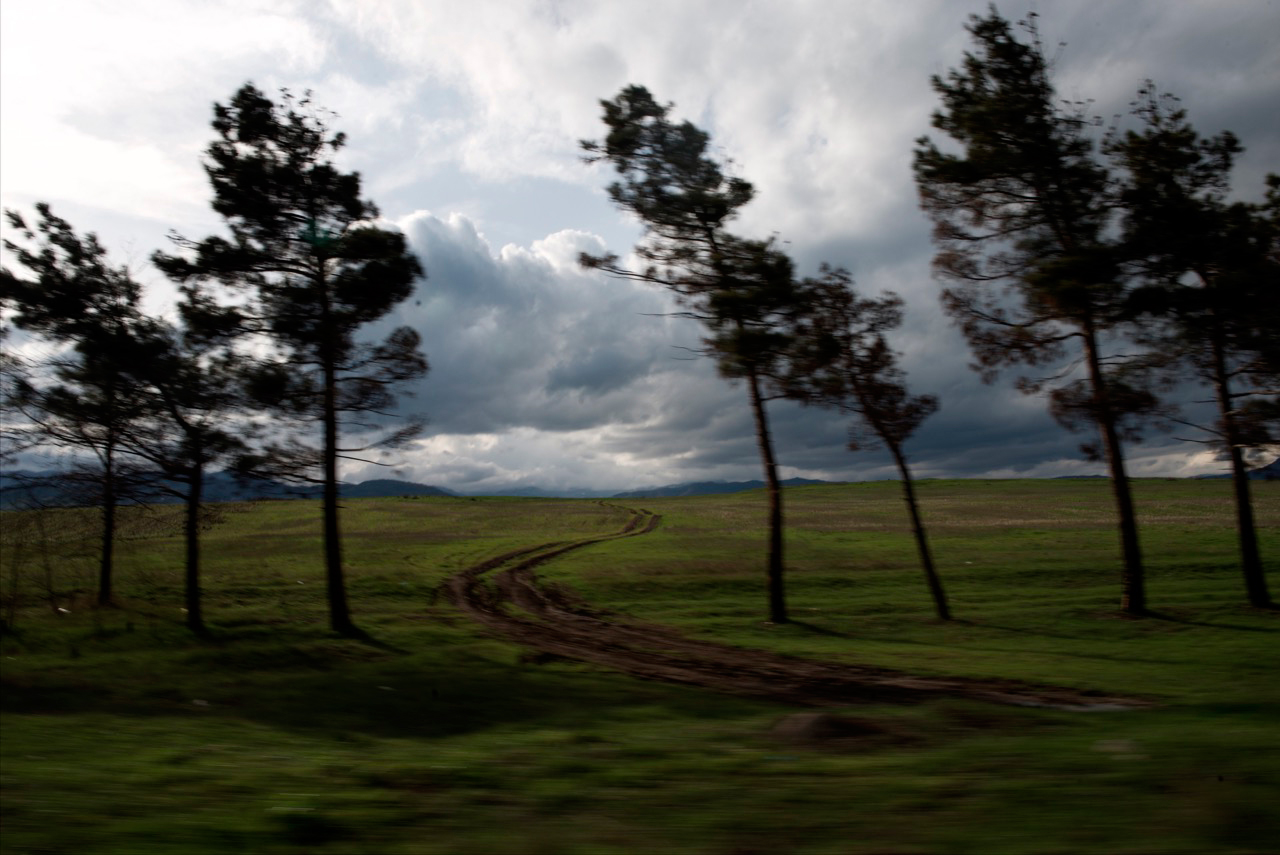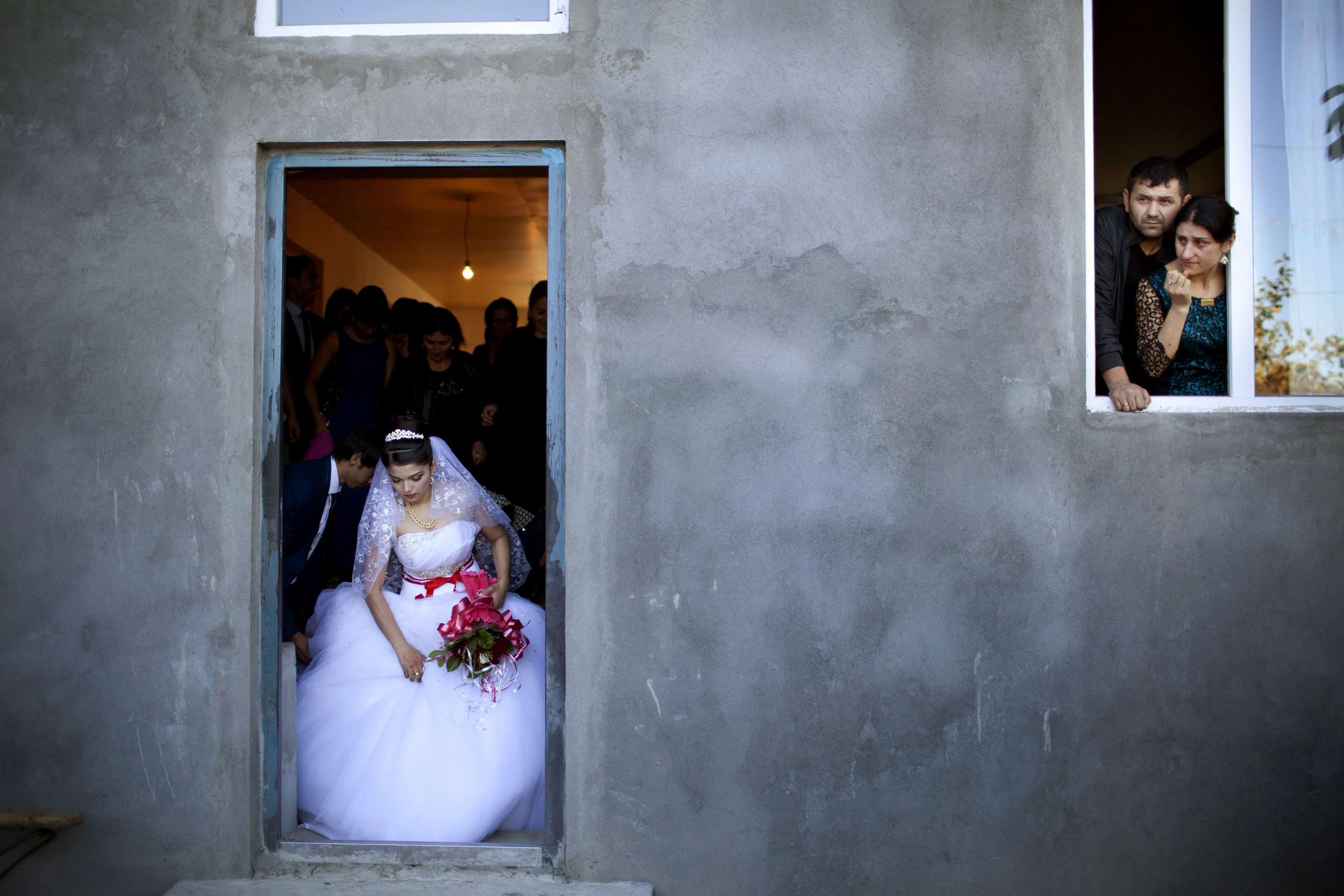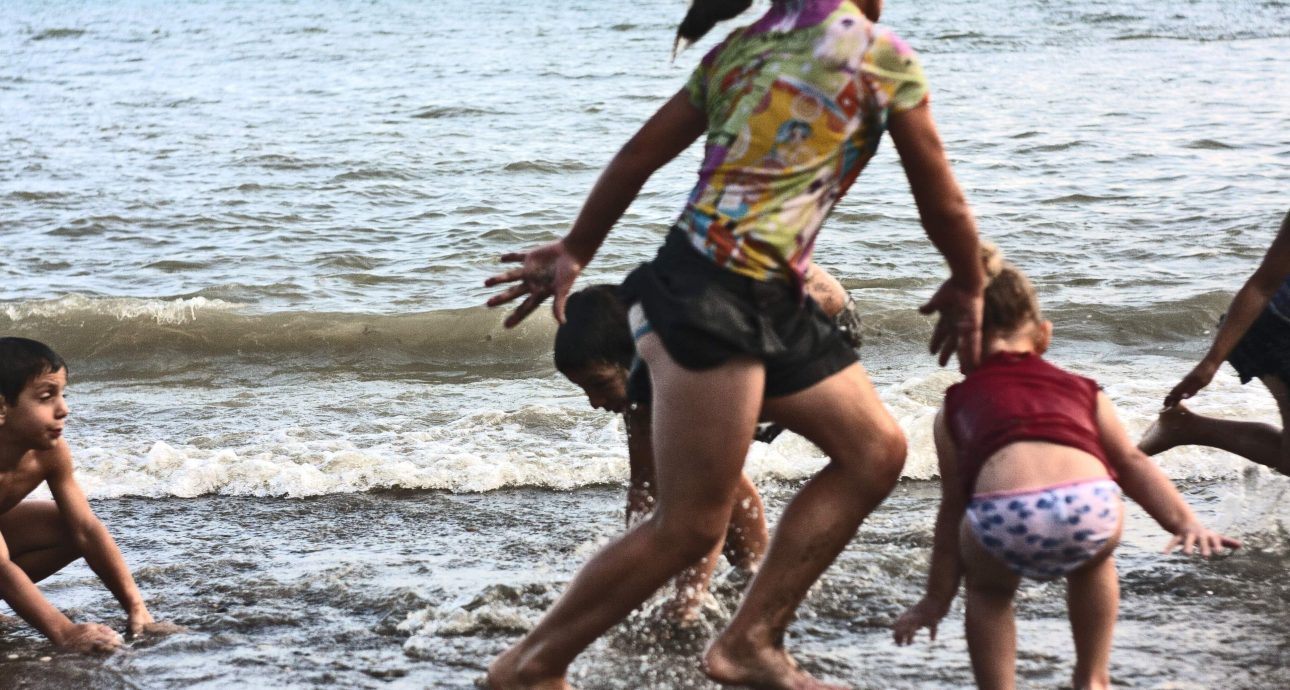
Abkhazia Alive: A Trip Around the Unrecognized Republic

Russian photographer, based in St. Petersburg. Majored in Screenwriting and Architecture & Design.
— This story started two years ago. It was born during my trip around Abkhazia, a country that is absent in the geopolitical maps. Formally, Abkhazia doesn’t exist, but it is alive, loud with the southern singing, smelling of sea breeze, pierced with the mountain silence. The life is vibrant here, but it is also unrecognized.
It happened over twenty years ago. It started with a military conflict between Georgia and Abkhazia: Georgia wanted territorial integrity after the collapse of the USSR, and Abkhazia wanted independence for its lands.
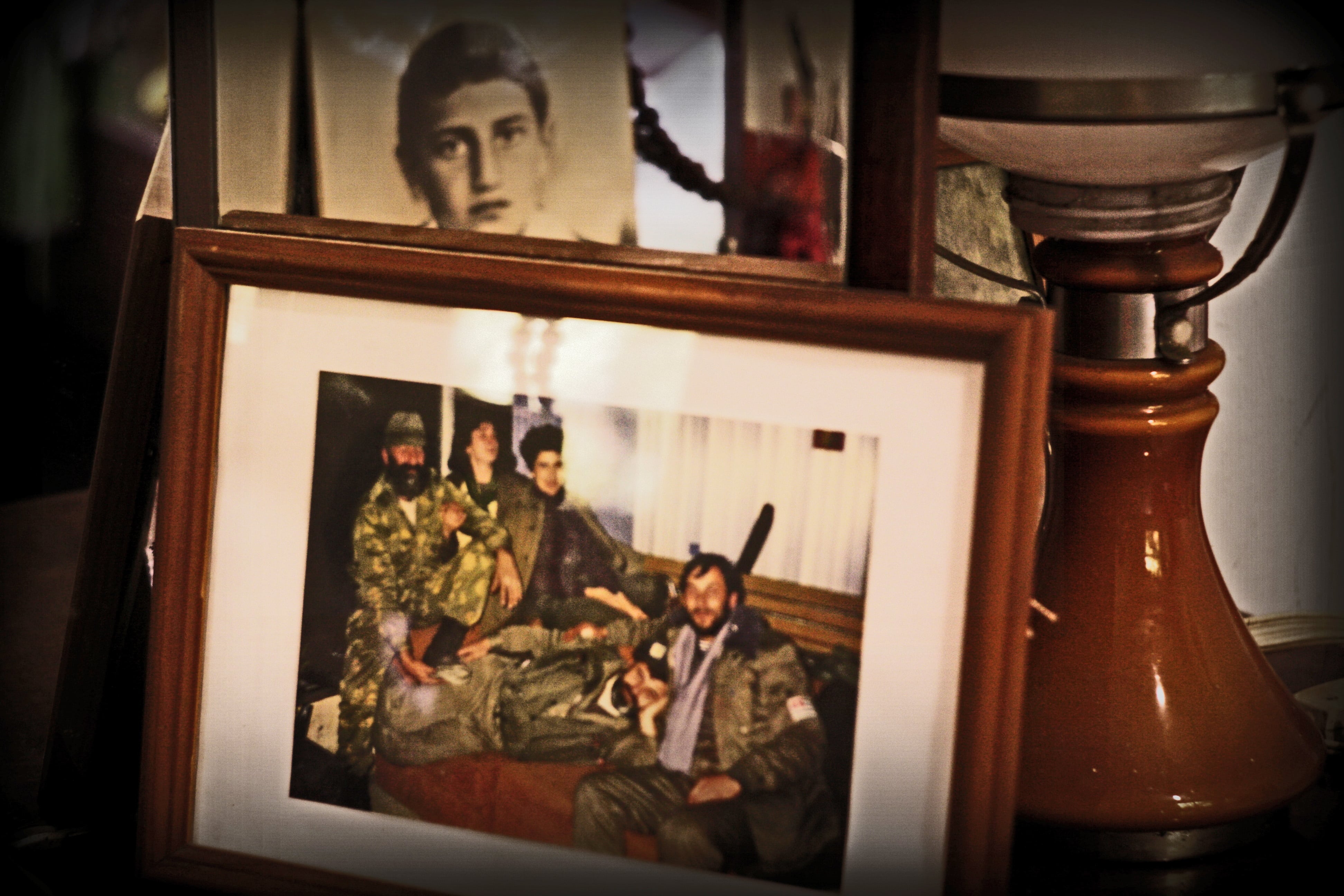
Conflict between Georgia and Abkhazia. Pictures from the past. 1992.
Modern Abkhazia is the same picturesque nook, with its own way of life and cycle of events. Fires from dry goldenrod, which densely covers the fields and mountains, let the earth breathe, get rid of the heaviness, start a new spiral of life. That’s what the locals say every year when they burn the lifeless vegetation.
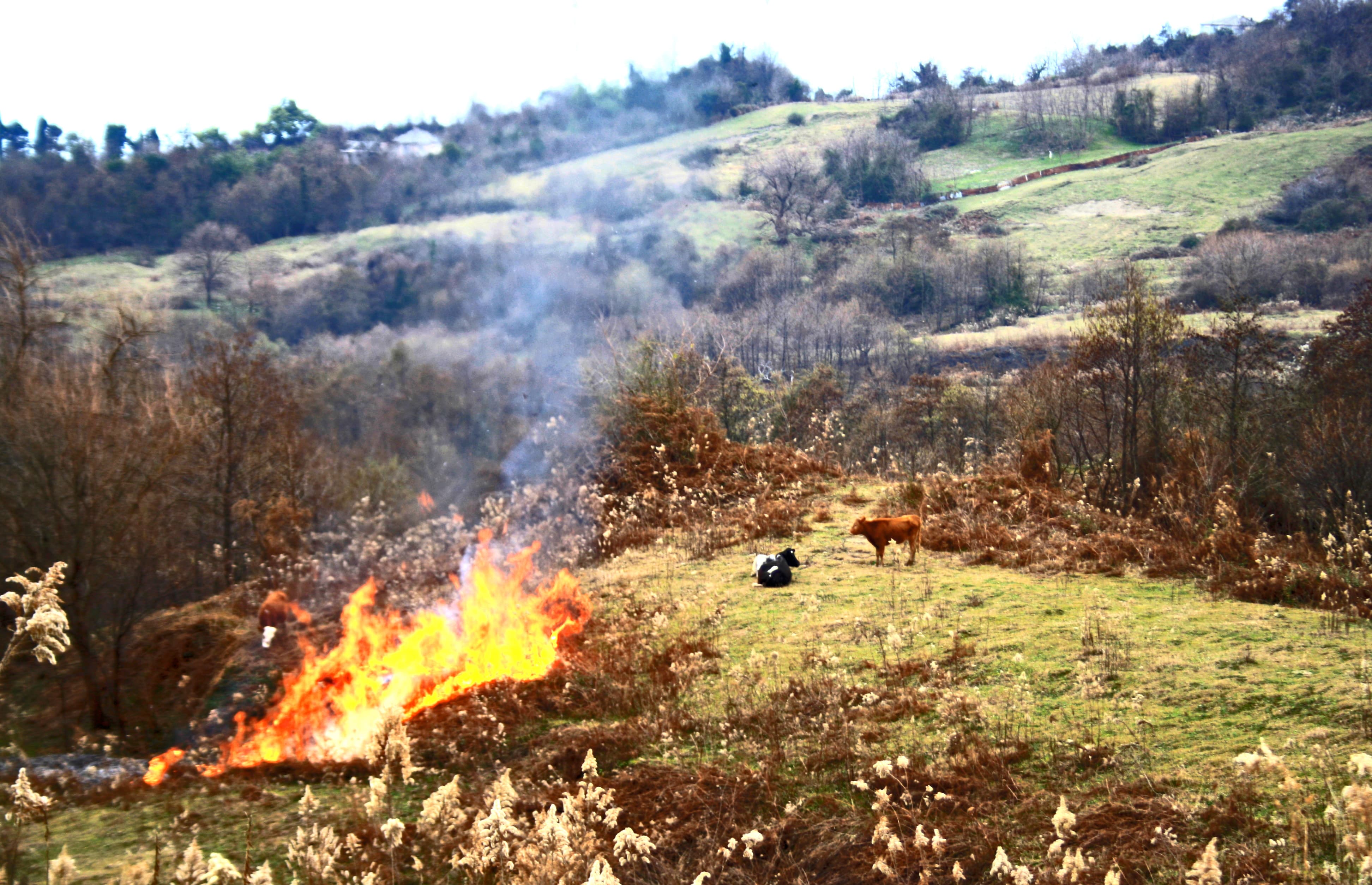
Waiting for the spring
The train station is built in the Soviet Georgian style. It is a lively acting railroad station with a beautiful name, Psyrtskha, which translates to ‘firtree spring’.
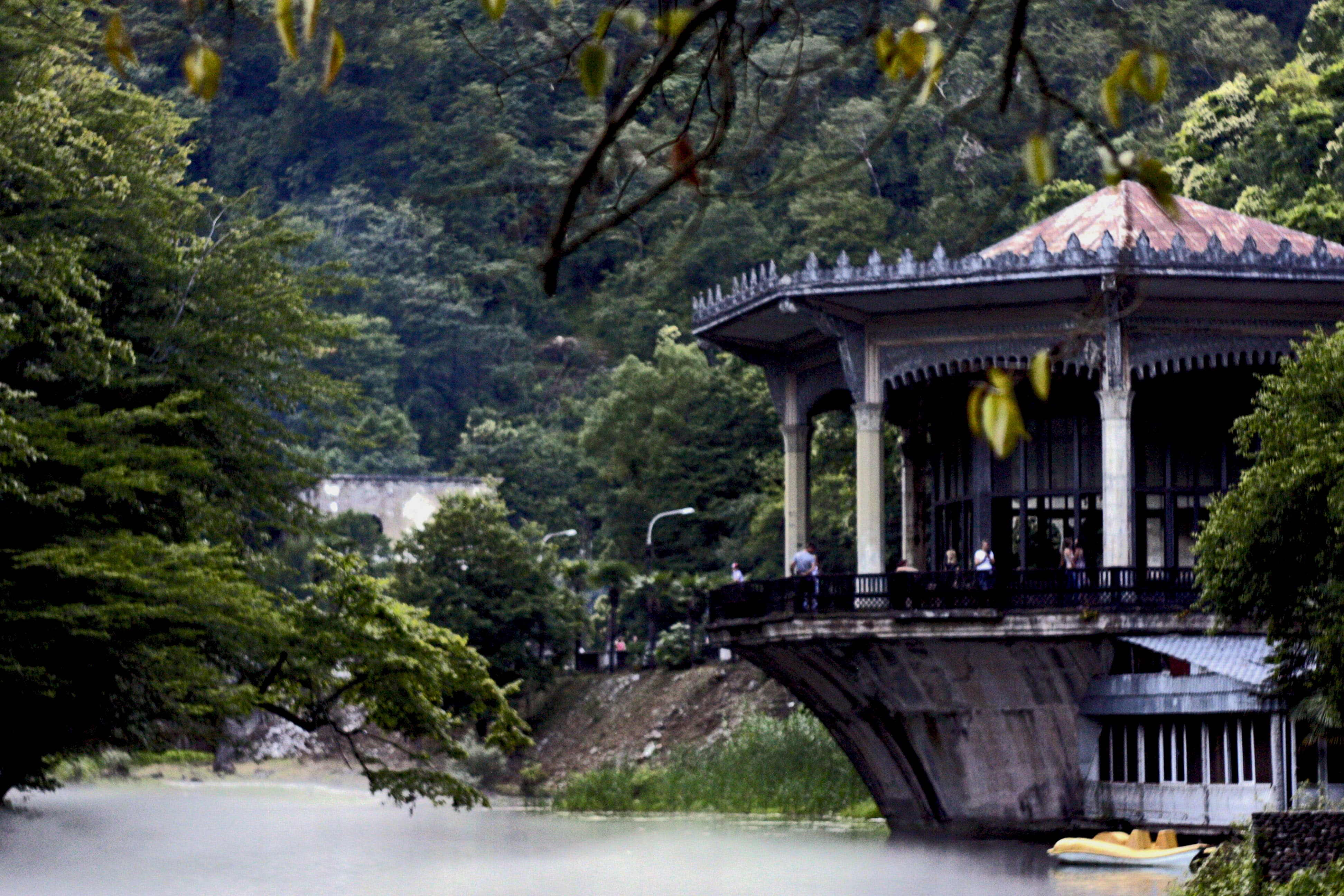
Psyrtskha train station
In one of the village schools in the mountains of Abkhazia lives and works an older man from Armenia. He started working as a custodian when he was young, after dropping out of university, and has been at the same place ever since. His room at school looks more like a small cosy apartment.
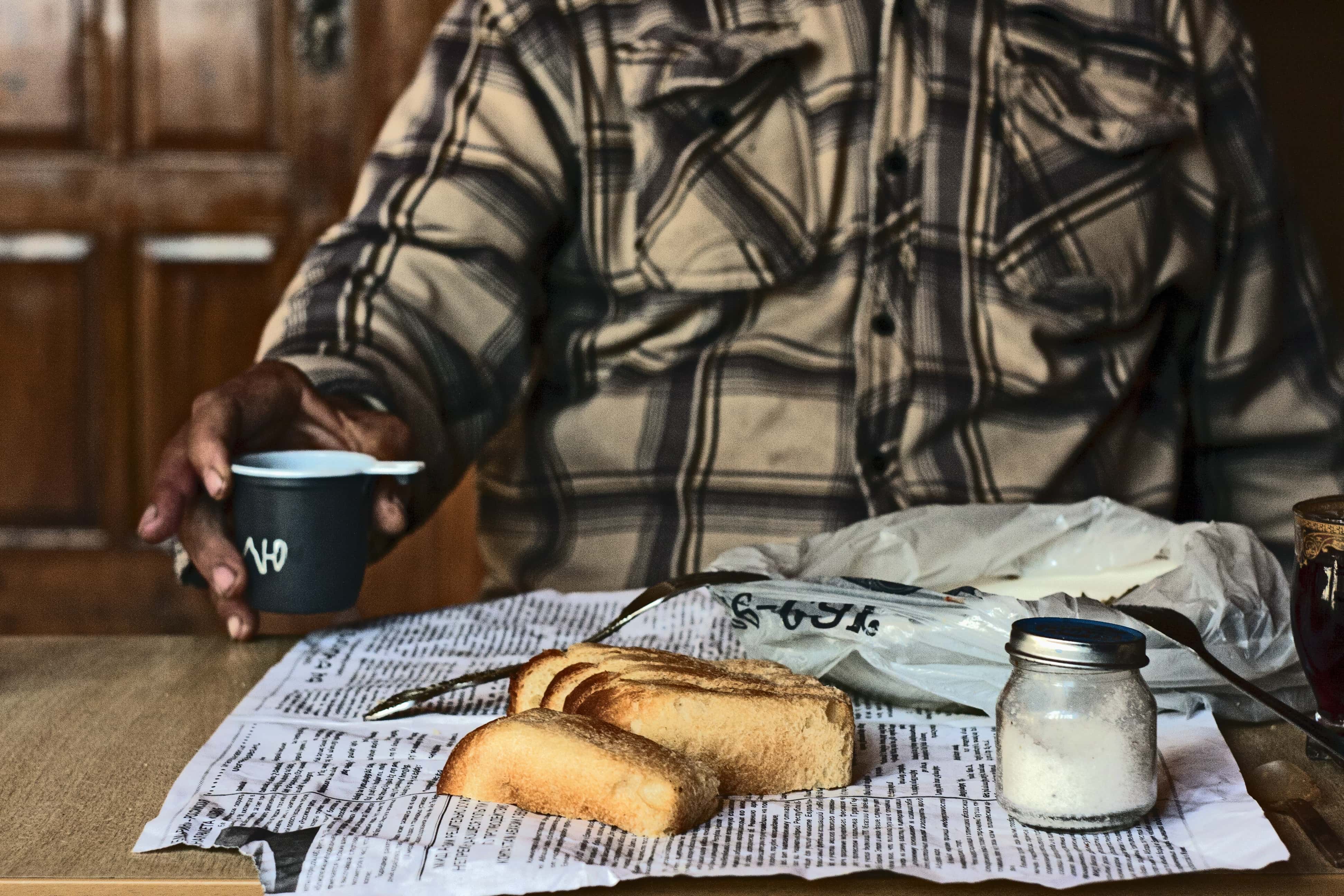
School custodian’s meal
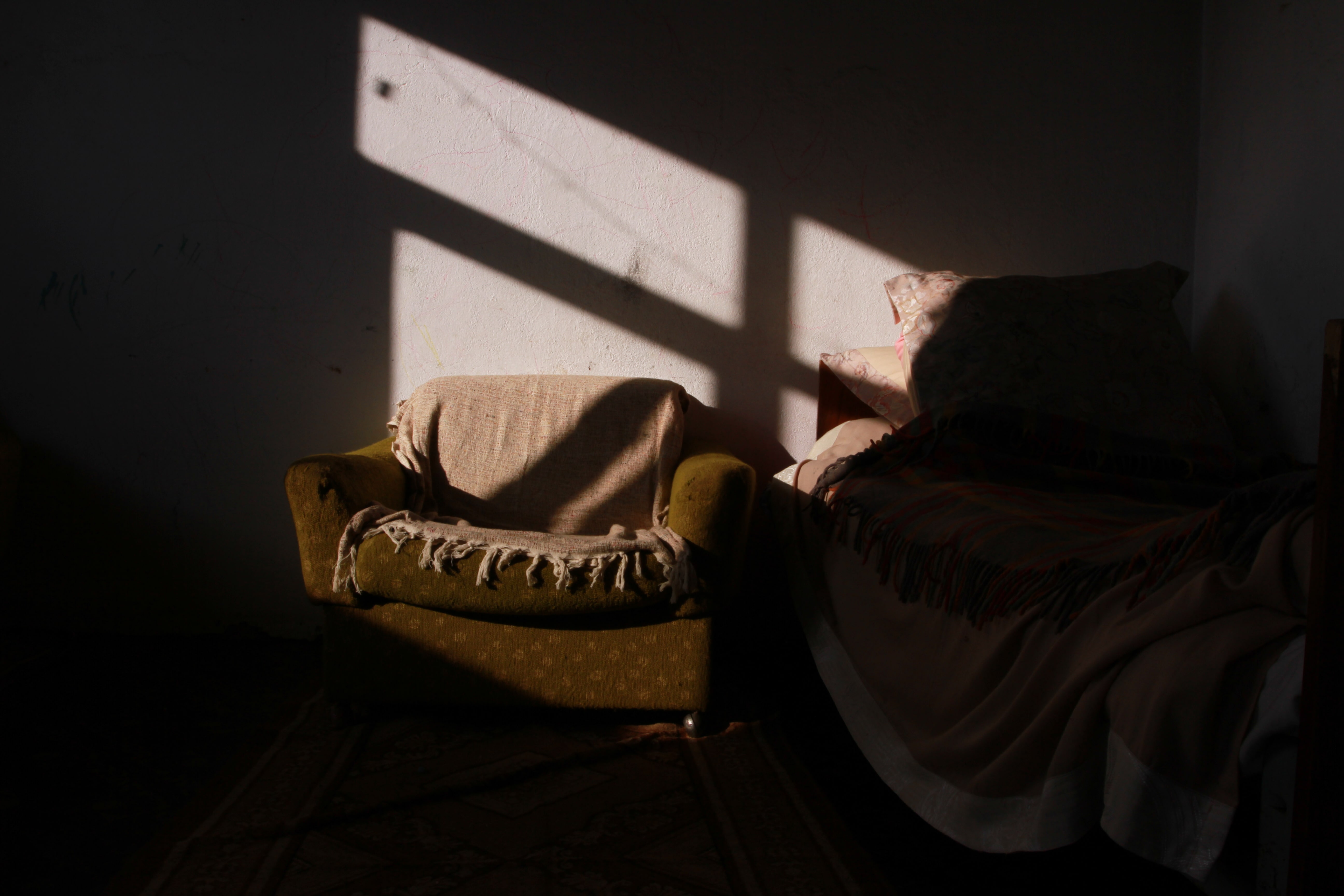
Noon
The circulation of happiness, of important and less important events — all of this still exists in this small unrecognized republic, and it reflects in the children.
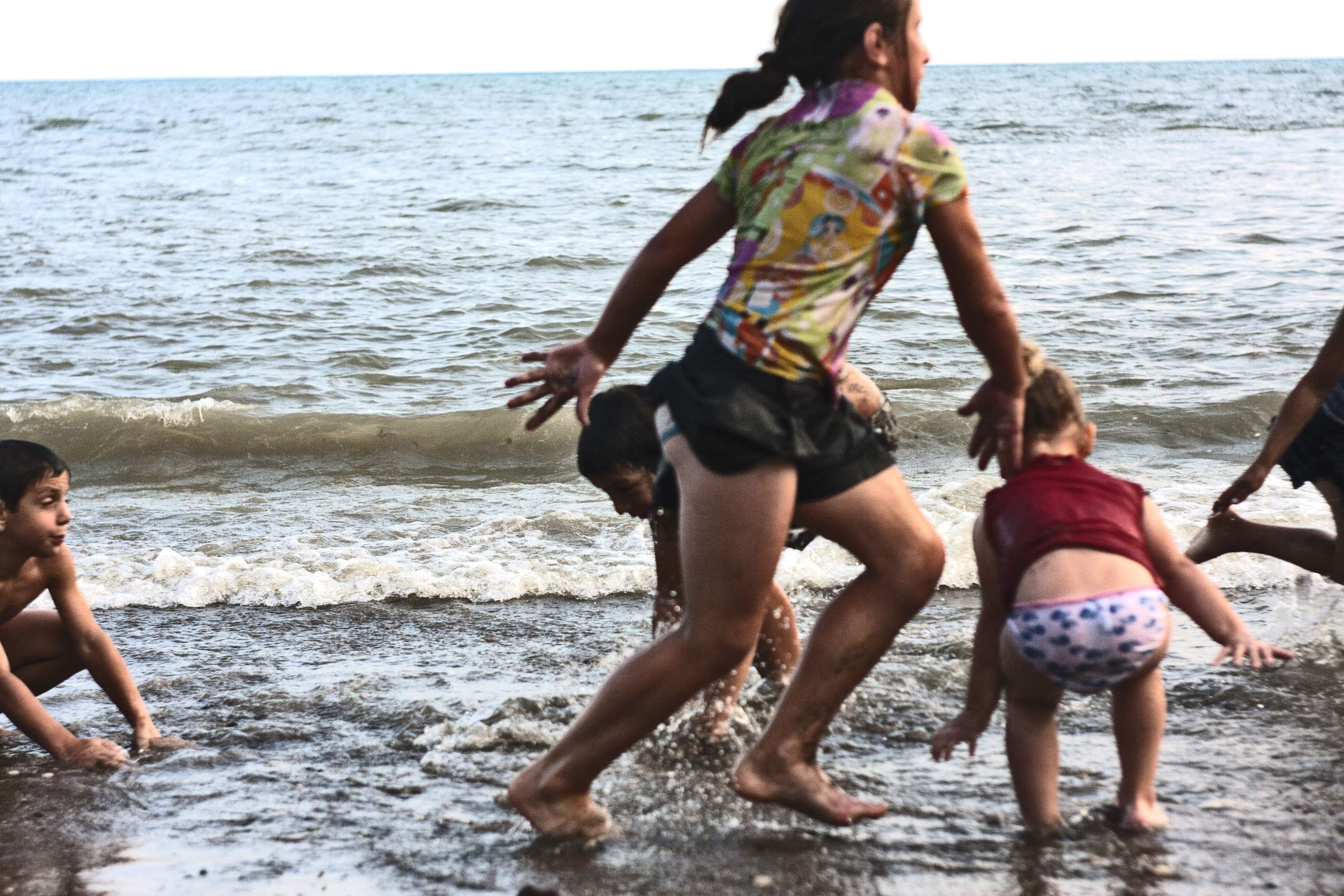
The feeling of happiness
When you travel the roads away from the tourist routes, you often encounter someone or something interesting. I was surprised to find out that one-fourth of the population of Abkhazia is made up of Armenian people. This prompted the establishment of Armenian schools.
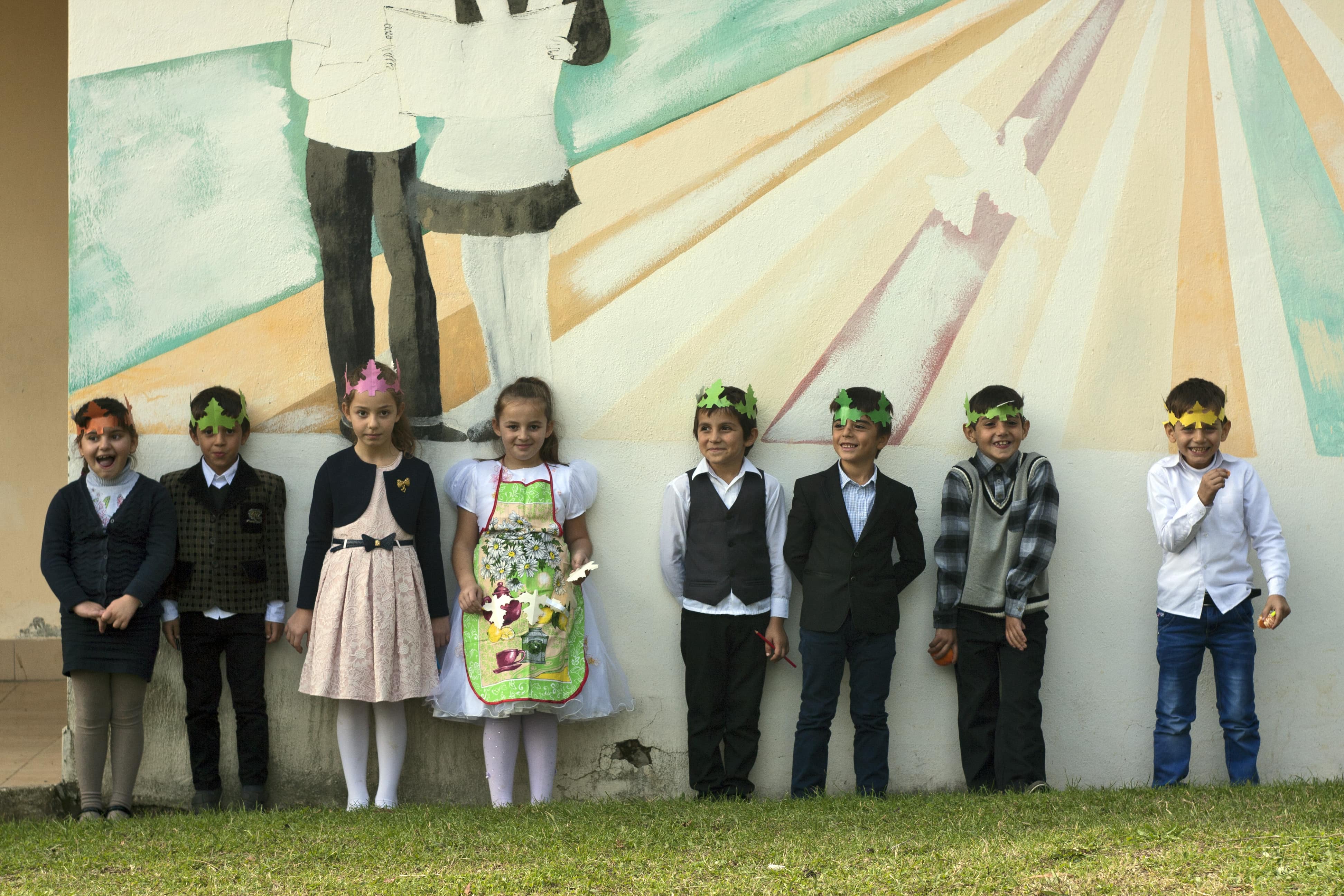
An Armenian school.
Uncle Zaven has 50 years of experience. His humble hairdressing salon is located at the entrance to New Athos. He says that there was the time when he boldly shaved heads with a straight razor — but now he has no confidence in his hands. He has a kind and open heart, though — this was the first thing I noticed about Zaven.
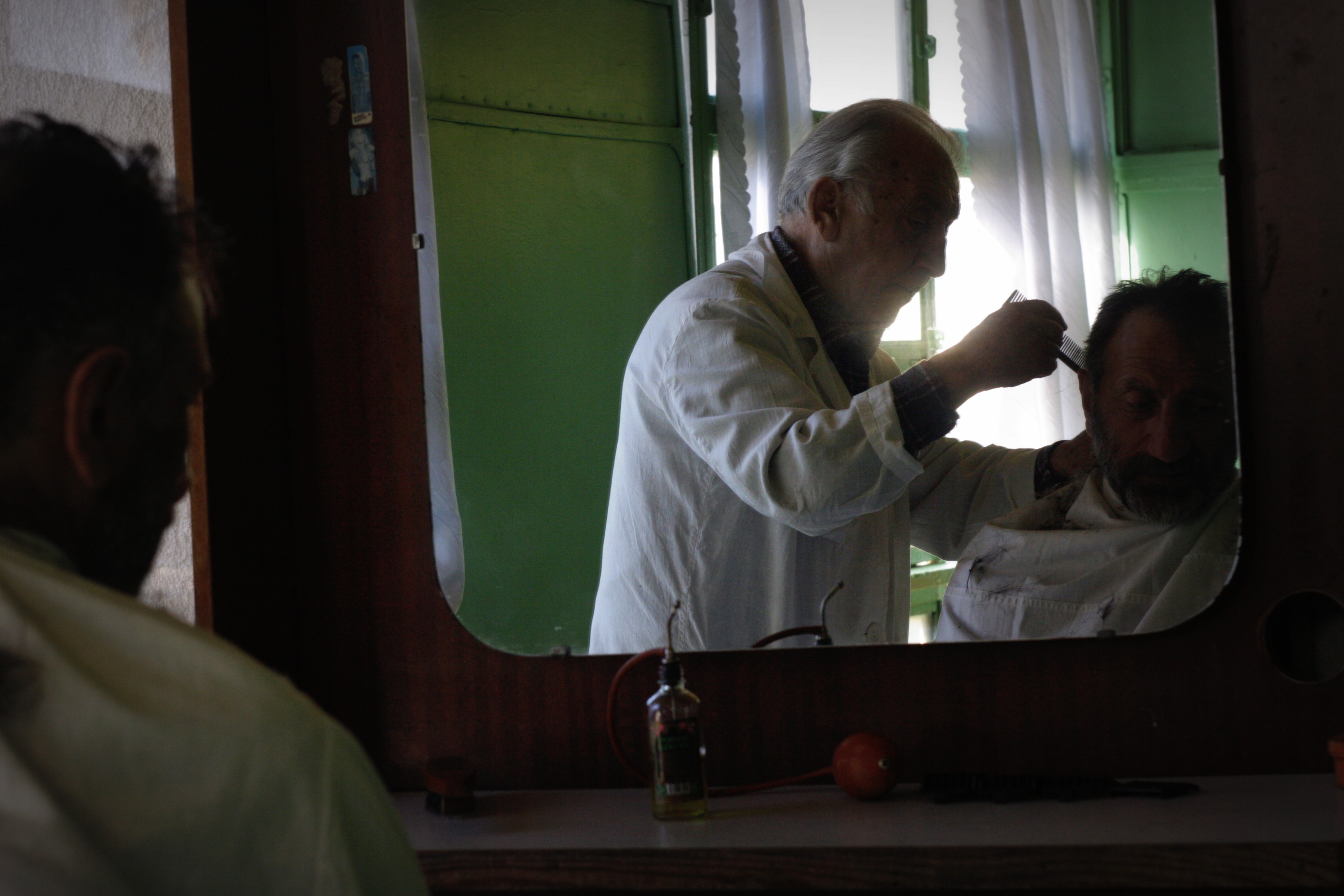
A hairdressing salon in New Athos.
Musa is a Muslim. During the conflict with Georgia, he was a combatant and was seriously injured, which imprinted on his heart and face. Now he has a small business of his own in his garden — he makes chacha, a favourite liquor in the Caucasian mountains.
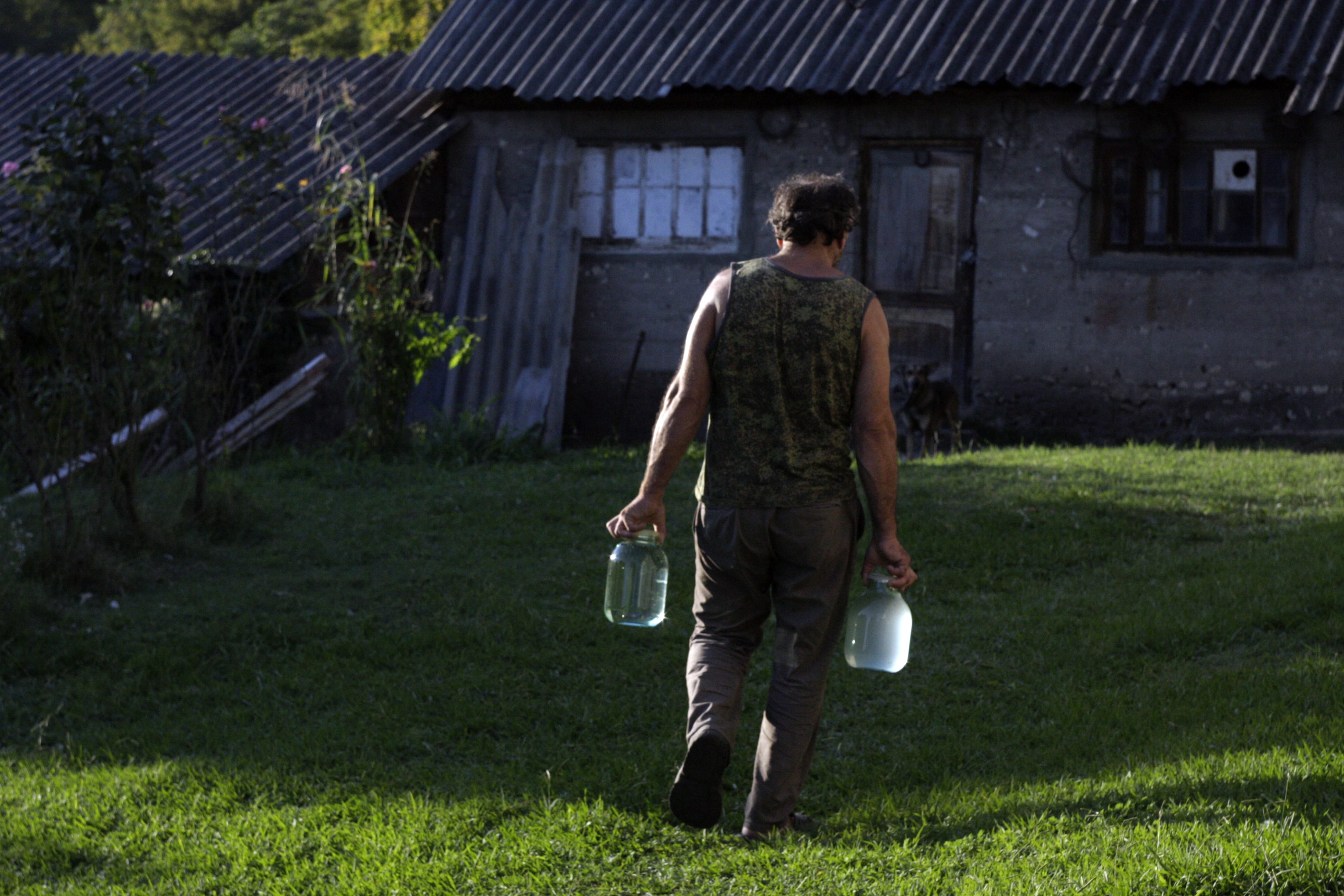
A small business.
Grandma Zina lives in the mountains. She keeps a small grocery store, the only one in Eshera village. You can find everything you need to cook a simple meal there. The locals say her prices are ‘grandma’s’, which means they are too high.
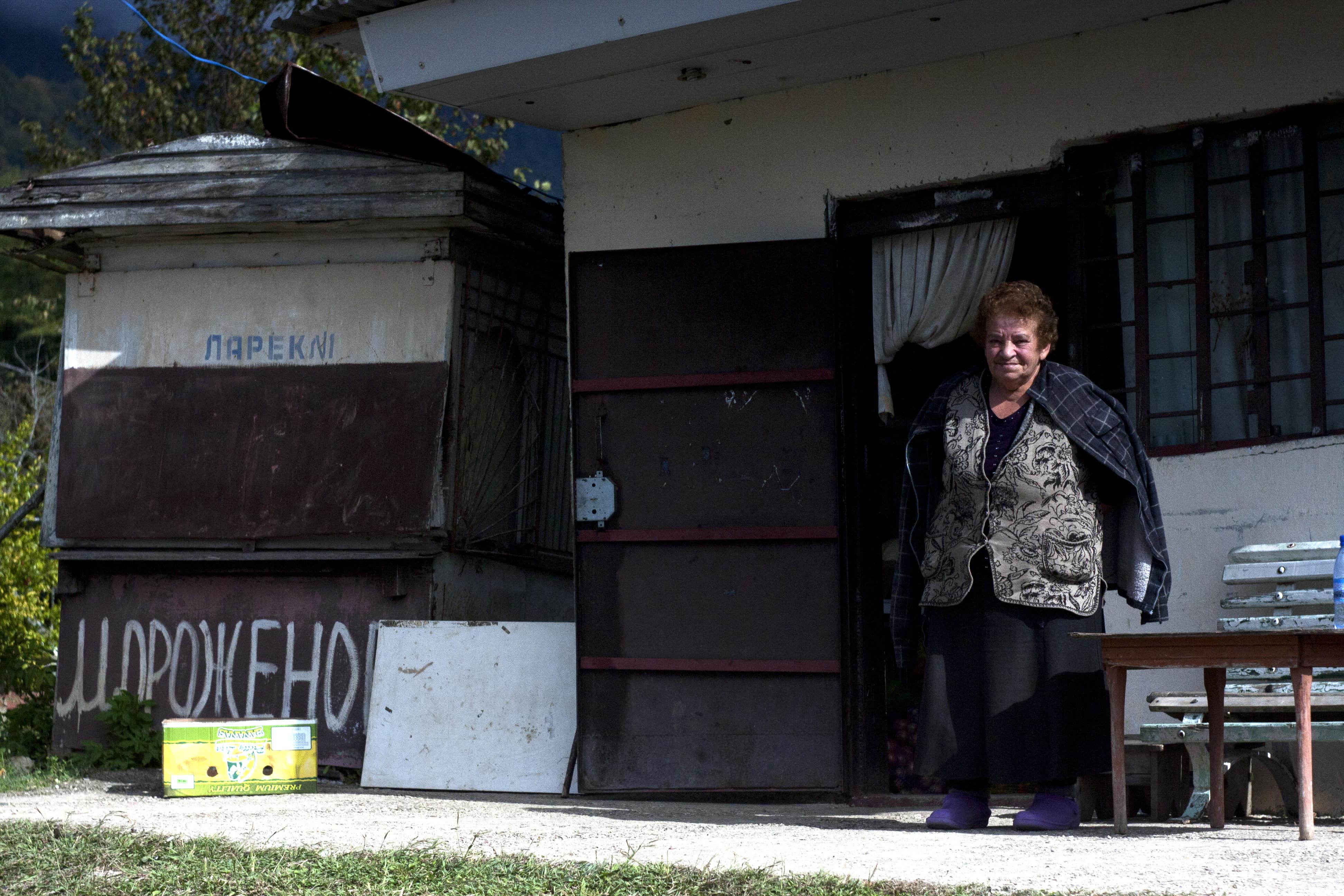
Shop owner.
There are too many cows in Abkhazia. It sometimes seems there are more cows than people. They are everywhere: in the villages, in the cities, walking freely along the what is actually the only main road which runs across the entire republic along the Black Sea seaside. Maybe, it is a good sign that will help Abkhazia get out of the more than 20-year-long isolation period.
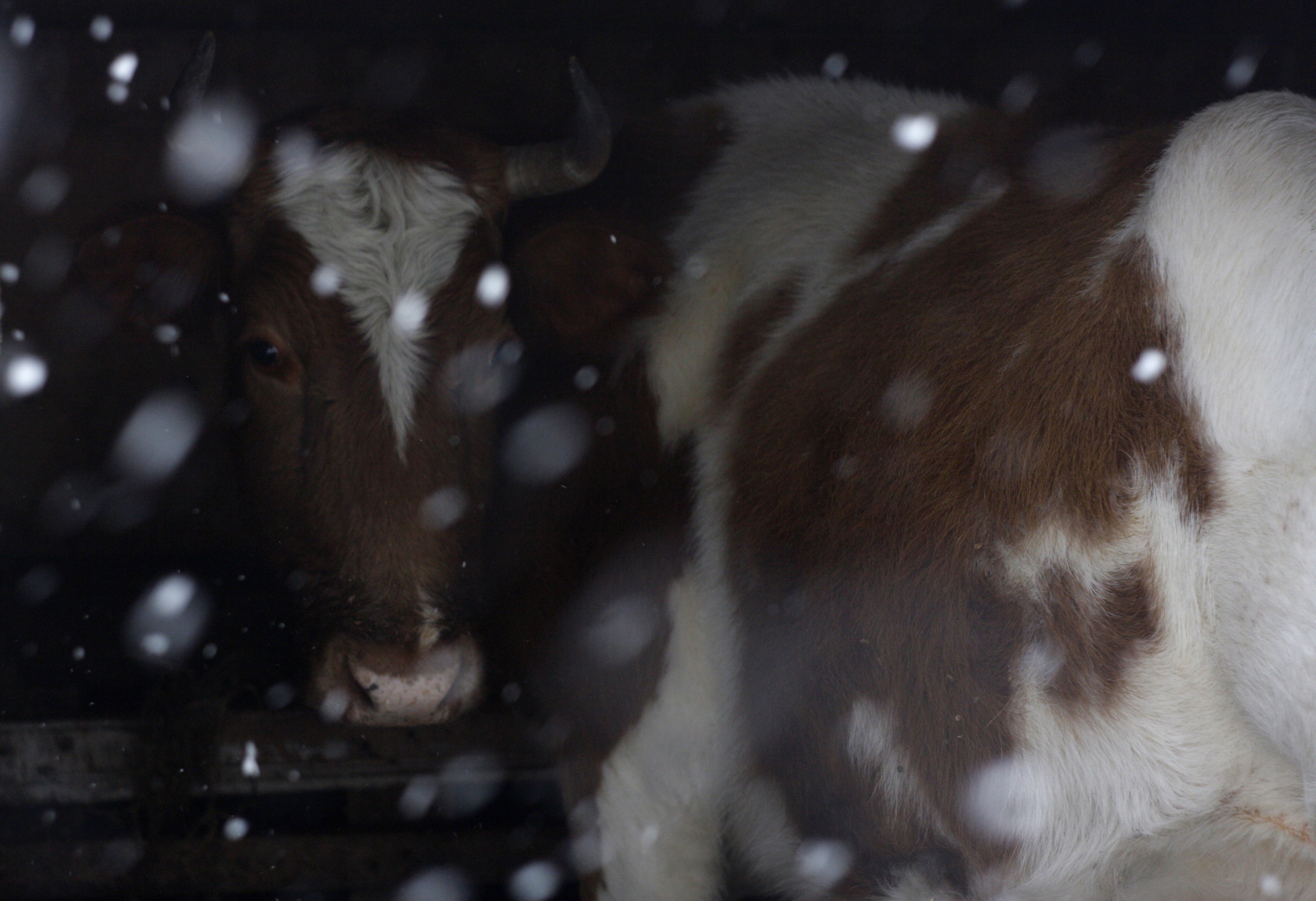
A good sign.
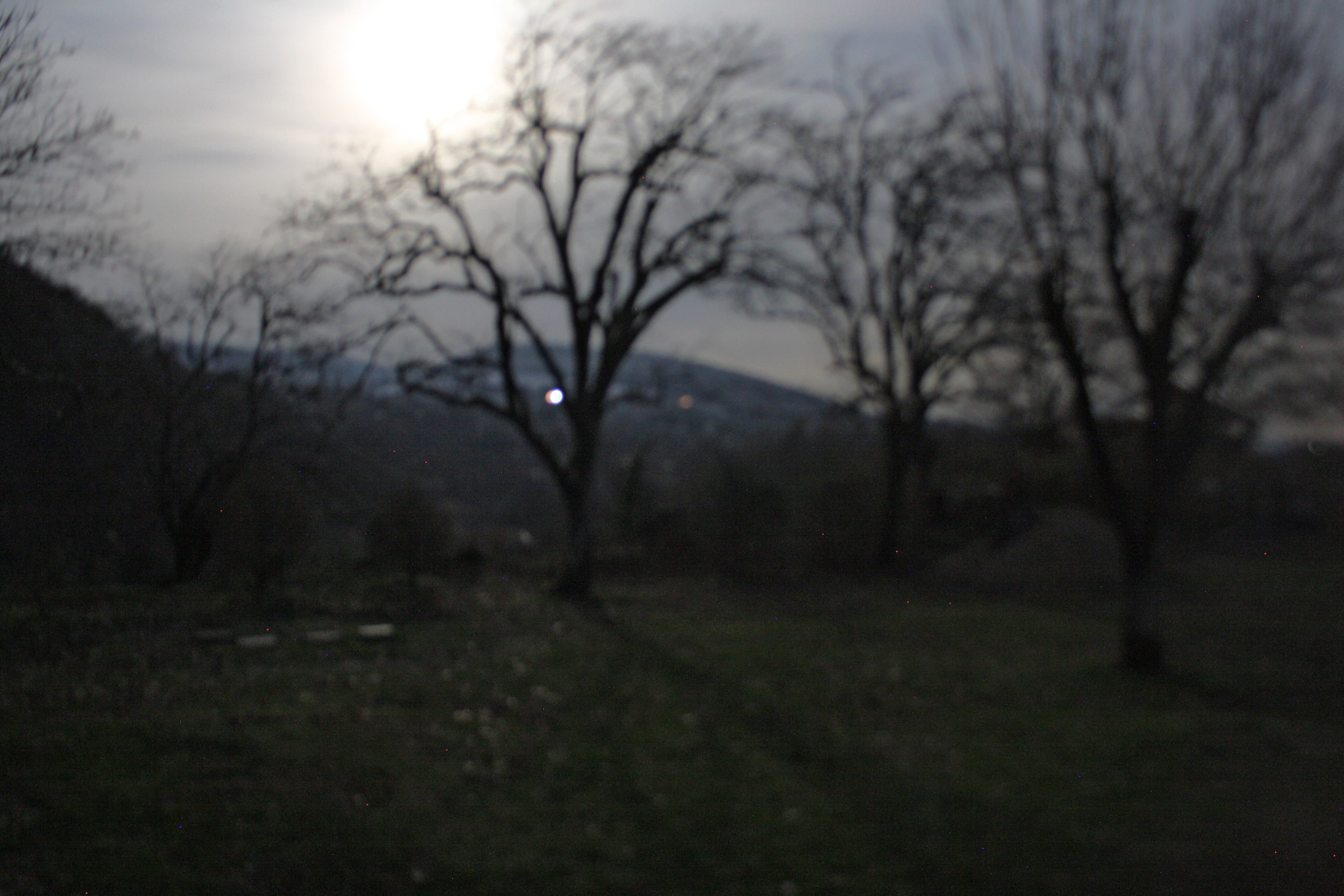
A moonlit night.
New and best
